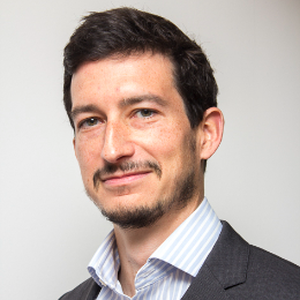A steppe forward
In 2007 I spent several months selling wine in Mongolia.
As soon as I disembarked the Trans-Siberian from Beijing, having swallowed 1,356 km of bouncy railway and an extravagant amount of pot noodles, I realised that the world's most landlocked country was transforming very fast.
Ulaanbaatar, the capital, was morphing into a boom town with glitzy towers dotting its skyline and a Saturnian ring of nomadic yurts surrounding its outskirts as workers were lured by the promise of new jobs. In the countryside, quarries, bankrolled by multinationals, were being dug to satisfy China’s appetite for coal, copper and other minerals.
Some of that newly created wealth found its way to the crus I was selling. My first job there was to conduct a wine tasting in UB's VIP venue—an Irish pub—for the benefit of mining executives.
In the years that followed I went on to sell wine in Spain and London, another place where commodities and claret have long been the ingredients of juicy business deals. Then I left the wine trade to write about finance—private equity, infrastructure, agriculture, banking, fintech and eventually crypto—while natural resources suffered a decade-long bust.
But now they are at the heart of the story once more—sanctions, the energy transition, food and climate change—and I feel lucky to be writing about them at The Economist, where I lead the commodities coverage. Time to book another train ticket—and stock up on pot noodles again.
